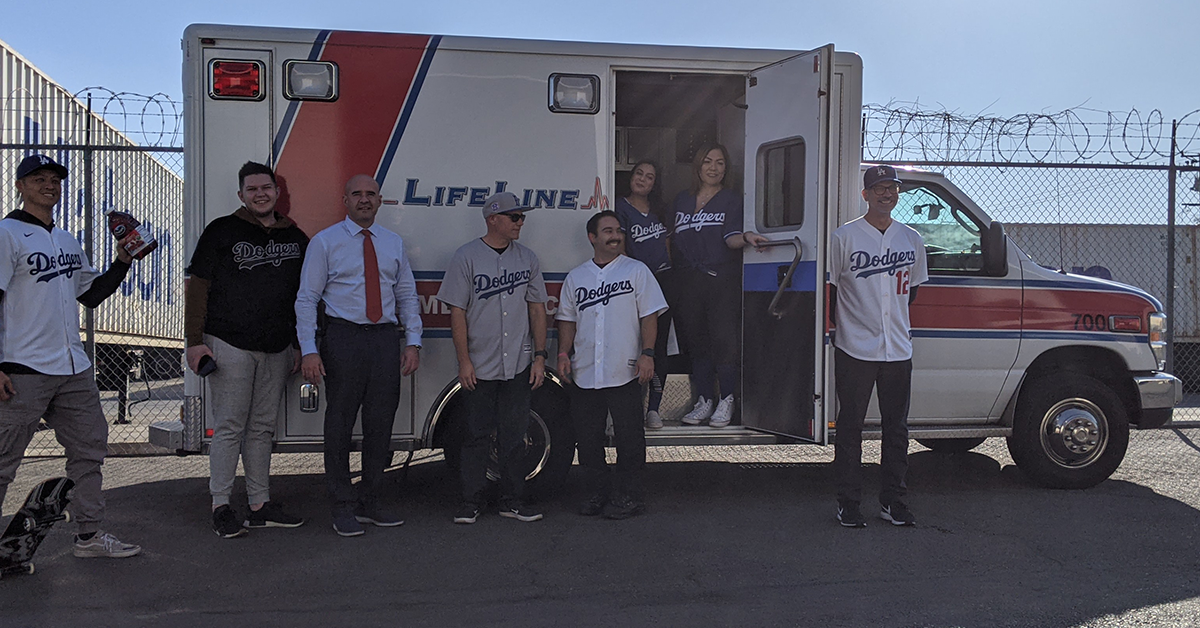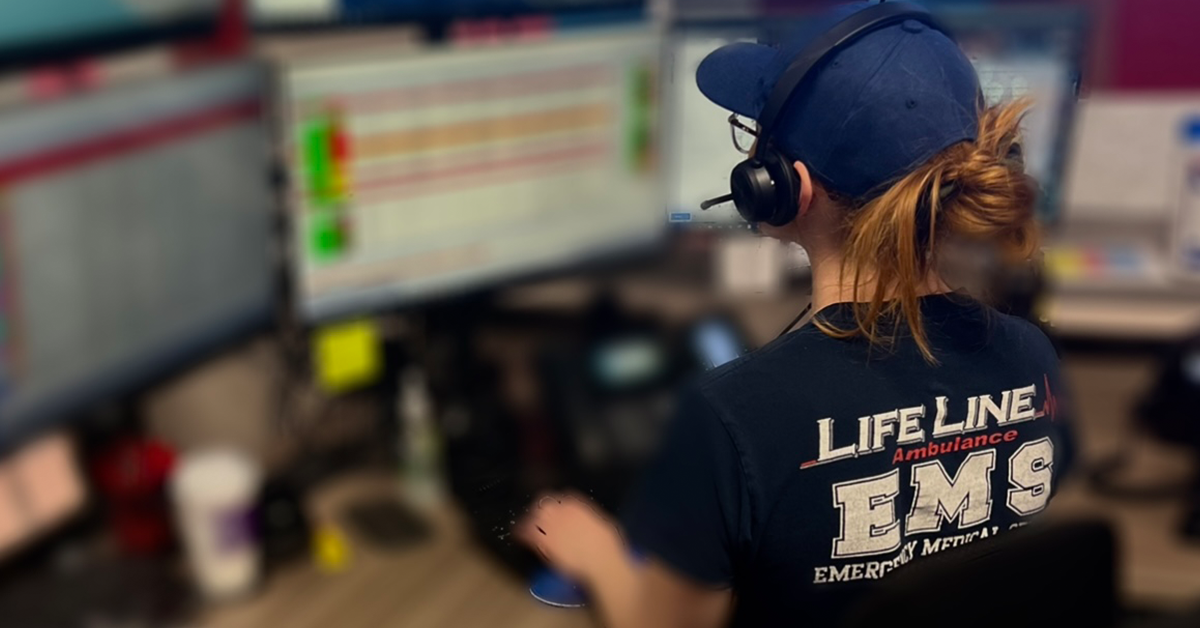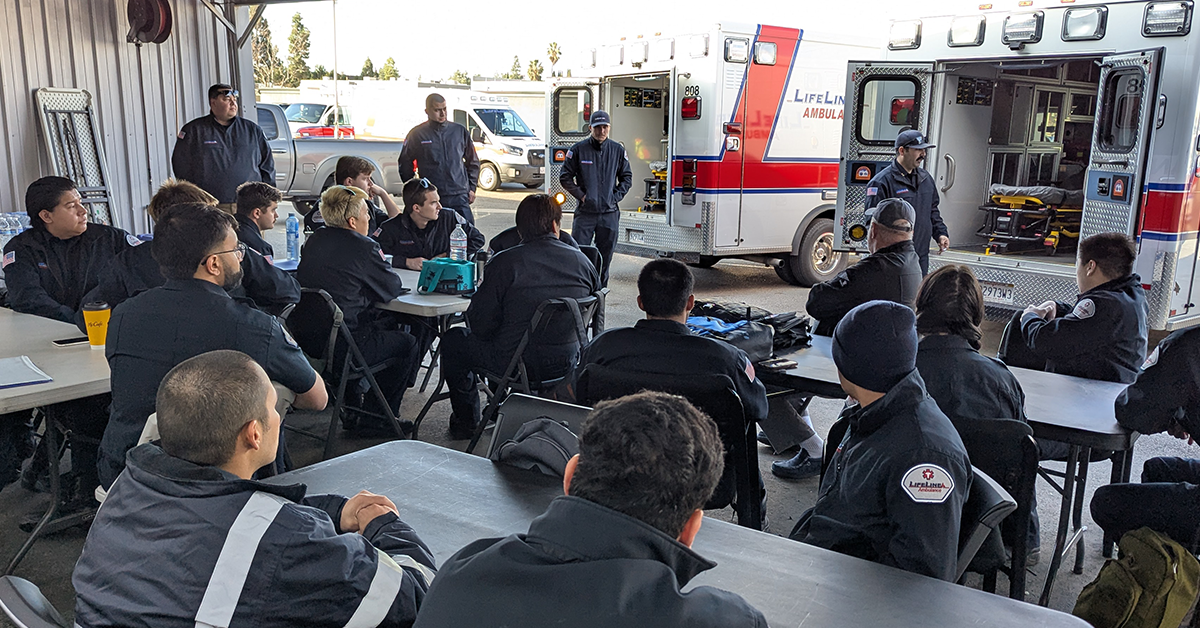A career as an Emergency Medical Technician (EMT) is often seen as an entry point into the broader world of healthcare. While many EMTs find long-term fulfillment in emergency medical services (EMS), others use their experience as a stepping stone to pursue a variety of roles in healthcare. One such pathway leads to healthcare administration—a field that allows individuals to leverage their EMS knowledge while focusing on the management and organization of healthcare services.
For EMTs looking to explore career options beyond the ambulance, there are numerous opportunities to advance in healthcare, from specialized medical roles to leadership positions in healthcare management. This article explores the career pathways that EMTs can follow to transition into healthcare administration and other related fields, highlighting how EMS experience provides a strong foundation for success in these roles.
The Value of EMS Experience
Working as an EMT provides a unique set of skills and experiences that are valuable in many other healthcare professions. The ability to think quickly, manage stress, communicate effectively, and provide patient care in high-pressure situations is essential not only in EMS but also in a range of other medical and administrative roles.
Key Skills Developed as an EMT:
- Crisis Management: EMTs learn to remain calm and make critical decisions under pressure, a skill that is vital in both clinical and administrative healthcare settings.
- Patient Care: Direct experience with patients helps EMTs understand patient needs and the complexities of medical care, giving them insights that can inform decisions in a healthcare administration role.
- Teamwork and Leadership: EMTs work closely with other medical professionals, developing teamwork and leadership skills that are essential in managing healthcare teams.
- Communication: Effective communication with patients, families, and other healthcare providers is a core skill for EMTs. This skill is critical in administrative roles where collaboration and clear communication are necessary for coordinating services and improving patient care.
Career Pathways for EMTs Beyond EMS
For EMTs interested in advancing their careers, there are numerous pathways within the healthcare industry that build upon the skills gained in EMS. Below are some common career transitions for EMTs, along with the steps involved in moving toward these roles.
1. Healthcare Administration
Healthcare administration is an attractive option for EMTs looking to move into a leadership and management role within healthcare organizations. Healthcare administrators are responsible for overseeing the daily operations of medical facilities, managing budgets, coordinating staff, and ensuring that patients receive high-quality care.
Transitioning to Healthcare Administration:
- Educational Requirements: Most healthcare administration roles require a bachelor’s or master’s degree in healthcare administration, business administration, public health, or a related field. EMTs may pursue further education through online or part-time programs while continuing to work.
- Transferable Skills: The leadership, organizational, and problem-solving skills gained as an EMT are directly applicable to healthcare administration. EMTs also have a unique perspective on patient care, which can inform policy-making and operational decisions.
- Career Opportunities: Healthcare administrators work in hospitals, clinics, nursing homes, and other healthcare facilities. Roles range from department managers to hospital CEOs, depending on experience and education.
2. Paramedic and Advanced EMS Roles
Many EMTs choose to further their education and training to become paramedics. Paramedics have a broader scope of practice than EMTs and are trained to perform more advanced medical procedures, such as administering medications, performing intubations, and managing more complex medical emergencies.
Advancing to a Paramedic Role:
- Educational Requirements: Becoming a paramedic requires completing an accredited paramedic program, which typically includes coursework in advanced medical care and clinical training.
- Career Benefits: Paramedics are often seen as leaders in EMS, and their advanced skills allow them to take on more responsibilities. Many paramedics also move into EMS management or education, training new EMTs and paramedics.
3. Nursing
Another common pathway for EMTs is nursing. EMTs who become registered nurses (RNs) bring their emergency response skills and experience to a clinical setting, where they can work in emergency departments, intensive care units, or other healthcare environments.
Transitioning to Nursing:
- Educational Requirements: EMTs can pursue a degree in nursing through an Associate Degree in Nursing (ADN) or a Bachelor of Science in Nursing (BSN) program. Some schools offer bridge programs that allow EMTs to fast-track their education based on their prior experience.
- Clinical Experience: The hands-on patient care experience gained as an EMT is valuable in nursing, especially in fast-paced environments like emergency rooms and trauma centers.
- Career Opportunities: RNs have diverse career opportunities in hospitals, outpatient clinics, long-term care facilities, and home healthcare. Advanced practice nurses, such as nurse practitioners, can pursue further education and specialization.
4. Physician Assistant (PA)
Becoming a Physician Assistant (PA) is another viable career path for EMTs. PAs work under the supervision of physicians and provide many of the same services, including diagnosing illnesses, developing treatment plans, and prescribing medications.
Transitioning to a Physician Assistant Role:
- Educational Requirements: EMTs who wish to become PAs must complete a PA program, which typically requires a bachelor’s degree and healthcare experience. EMT experience is highly valued in PA school admissions.
- Hands-On Medical Care: As PAs, EMTs can apply their patient care skills in a more advanced clinical role, working in hospitals, clinics, or specialty medical practices.
- Career Opportunities: PAs can work in a variety of medical settings, including primary care, surgery, emergency medicine, and more. The role offers a high level of responsibility and autonomy in patient care.
5. Public Health and Emergency Management
For EMTs interested in the broader aspects of healthcare, a career in public health or emergency management can be a fulfilling choice. These roles focus on improving public health outcomes, developing emergency preparedness plans, and managing responses to large-scale health crises.
Transitioning to Public Health or Emergency Management:
- Educational Requirements: Many roles in public health and emergency management require a bachelor’s or master’s degree in public health, emergency management, or a related field.
- Transferable Skills: EMTs have firsthand experience responding to emergencies, which makes them well-suited for roles in emergency management. They also understand the importance of public health initiatives, particularly in preventing and managing medical emergencies.
- Career Opportunities: Public health professionals work for government agencies, nonprofit organizations, and healthcare systems. Emergency managers may work for local governments, hospitals, or private companies, developing plans to handle natural disasters, pandemics, and other emergencies.
6. Healthcare Educator
For EMTs passionate about training and educating the next generation of healthcare professionals, becoming a healthcare educator is a rewarding career path. Healthcare educators develop curricula, lead training programs, and provide instruction for future EMTs, paramedics, nurses, and other healthcare workers.
Transitioning to Healthcare Education:
- Educational Requirements: A degree in education, healthcare administration, or a specialized medical field is typically required to become a healthcare educator. Additional certifications in adult education or training methods may also be beneficial.
- Experience in EMS Training: Many EMTs with experience in training new EMTs or paramedics during their careers are well-suited for roles in healthcare education. Their hands-on experience allows them to offer valuable insights to students.
- Career Opportunities: Healthcare educators can work in community colleges, universities, EMS training programs, and hospitals, teaching a variety of healthcare subjects.
How LifeLine EMS Supports Career Growth
For EMTs working with LifeLine EMS in Los Angeles and Southern California, there are numerous opportunities for professional growth and career development. LifeLine EMS is committed to supporting its employees in their pursuit of advanced roles within EMS and beyond.
1. Continuing Education Programs
LifeLine EMS offers access to continuing education programs that allow EMTs to earn certifications in advanced medical care, leadership, and healthcare management. These programs help EMTs develop new skills and prepare for more specialized roles.
- Advanced Certifications: EMTs can pursue certifications such as Advanced Cardiac Life Support (ACLS), Pediatric Advanced Life Support (PALS), and other advanced medical training courses.
- Leadership Training: LifeLine EMS provides leadership training for EMTs interested in moving into management roles within EMS, such as shift supervisors or operations managers.
2. Mentorship and Career Guidance
LifeLine EMS encourages mentorship and career guidance for EMTs looking to advance their careers. Experienced EMS professionals offer advice and support for those exploring new career opportunities, whether within EMS or in other healthcare fields.
- Mentorship Programs: Through mentorship programs, EMTs can receive guidance from seasoned professionals who have successfully transitioned into advanced roles.
- Career Development Workshops: LifeLine EMS hosts workshops and seminars focused on career development, providing EMTs with the tools they need to plan for their future in healthcare.
3. Educational Partnerships
LifeLine EMS has established partnerships with local educational institutions, allowing EMTs to pursue further education while working. These partnerships often offer flexible class schedules, scholarships, and support for EMTs seeking to earn degrees in healthcare administration, nursing, public health, or related fields.
- Tuition Assistance: LifeLine EMS provides tuition assistance to help EMTs cover the cost of continuing education and degree programs.
- Flexible Scheduling: EMTs who are enrolled in educational programs can work with supervisors to adjust their schedules, ensuring they have the time needed to pursue their studies.
Keep Reading
Want more? Here are some other blog posts you might be interested in.
In the high-stakes world of emergency medical services, clear and effective communication can mean the difference between life and death. EMS professionals...
Emergency Medical Services is an ever-evolving field that requires constant learning and adaptation. With medical advancements, technological innovations, and increasing public health...
Emergency Medical Services s a high-stress, physically demanding profession that requires dedication, quick decision-making, and resilience. While the rewards of saving lives...






